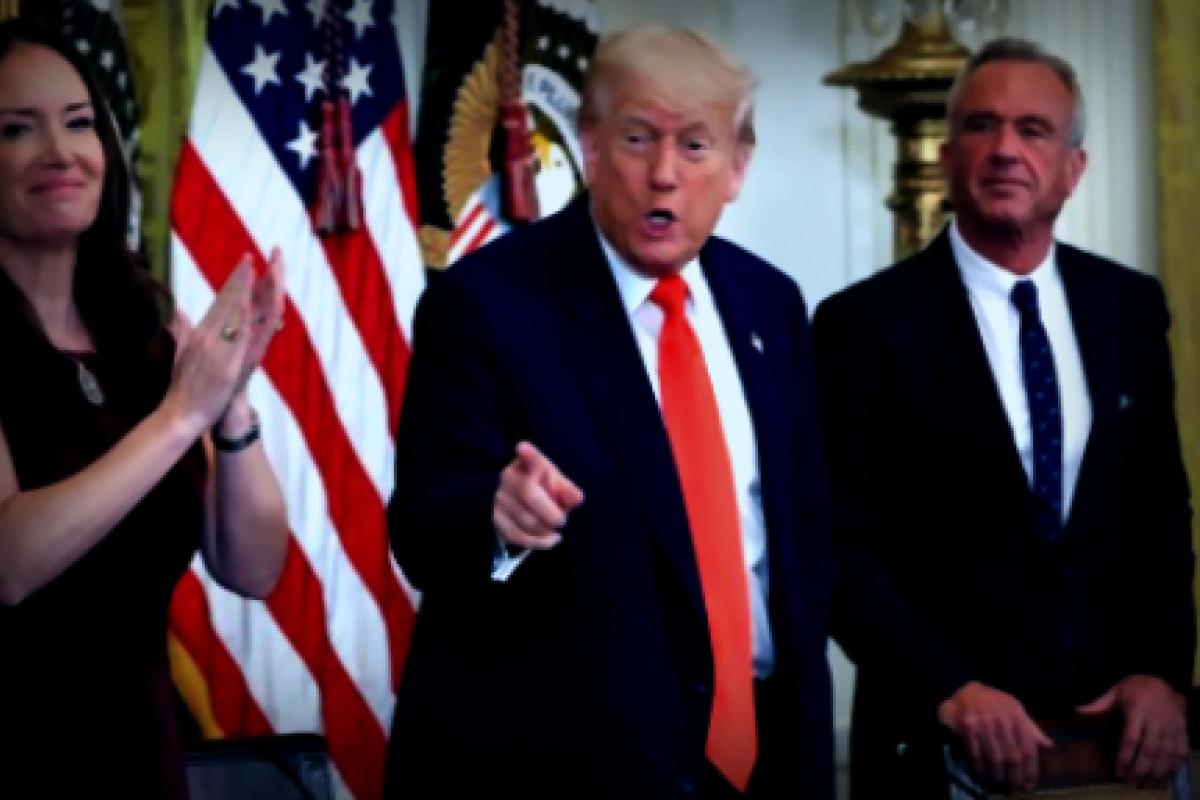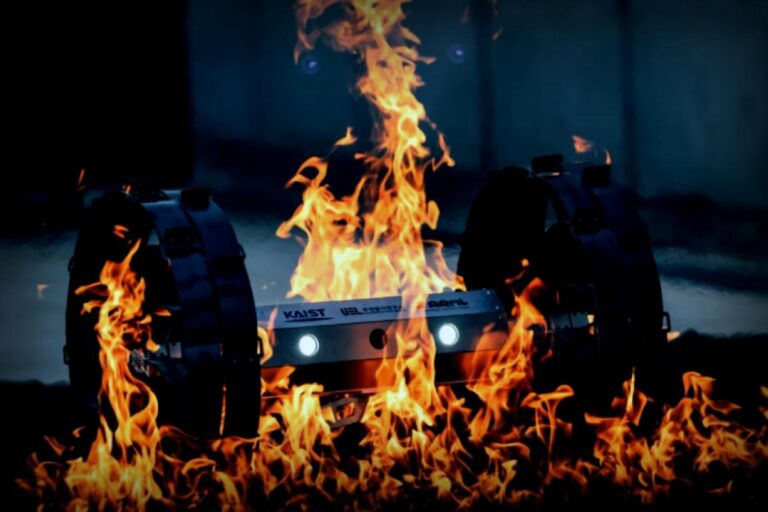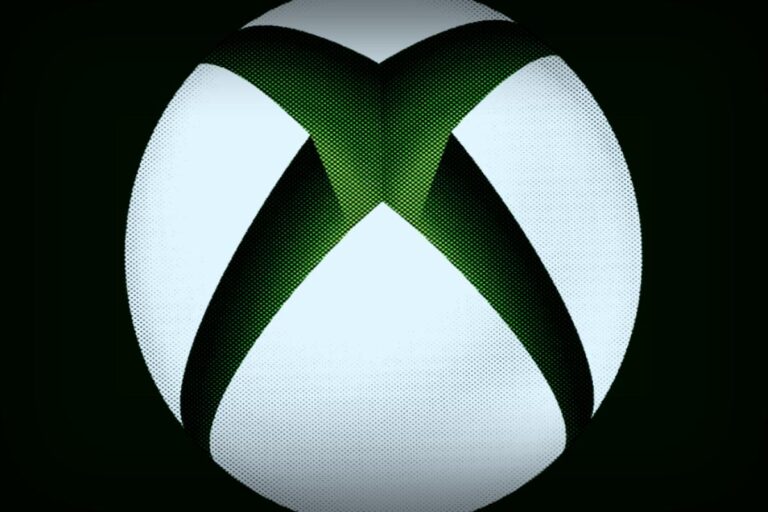Last week, six more states got the green light to prohibit the use of Supplemental Nutrition Assistance Program (SNAP) benefits for buying junk food like sodas and candy.
This shift in SNAP policy is part of an initiative by the Trump administration aimed at promoting healthier eating, spearheaded by Robert F. Kennedy Jr., the Secretary of Health and Human Services, under the banner of making America fit again. The waivers were officially signed off by Secretary of Agriculture Brooke Rollins during the MAHA Monday event at the Great American Farmers Market.
According to Kennedy, “For years, SNAP has directed tax dollars toward unhealthy options like soda and candy that contribute significantly to the obesity and diabetes crises in America. These new waivers will help refocus the program on wholesome food and allow states to take charge in safeguarding public health. I applaud the governors who took the initiative to seek these waivers and encourage others to follow suit. This momentum is essential for Making America Healthy Again.”
The six states benefiting from this recent waiver batch are West Virginia, Florida, Colorado, Louisiana, Oklahoma, and Texas. With this approval, they are now enabled to redefine what qualifies as food for purchase, leading to a restriction on certain junk foods starting in 2026.
In addition to this group, other states such as Arkansas, Idaho, Indiana, Iowa, Nebraska, and Utah have established similar restrictions. For example, Arkansas limits fruit and vegetable juice purchases to products with at least 50% natural juice, while states like Louisiana and Nebraska have bans on energy drinks.
Rollins remarked on the significance of this moment: “It’s exciting to see so many states stepping up to tackle chronic health issues in our country. At the USDA, our role remains dedicated to supporting folks who are facing tough times, but we believe these waivers promote healthier choices for families needing assistance.”
The inception of the food stamp program dates back to 1939. By 1964, during President Lyndon B. Johnson’s tenure, the Food Stamp Act was enacted. Interestingly, the original House draft sought to restrict food stamp use for items like soft drinks, tobacco, and luxury goods, although it failed to pass.
Currently, regulations surrounding SNAP apply across all 50 states, officially barring the purchase of alcohol, tobacco products, live animals, and various non-food items.
This year, the federally funded SNAP program saw an expenditure of a staggering $115 billion.
Texas Governor Greg Abbott highlighted the intent behind the waiver, stating, “This waiver is an assurance that taxpayer funds will back purchases of nutritious foods that help keep Texans healthy,” in a post on X.



















